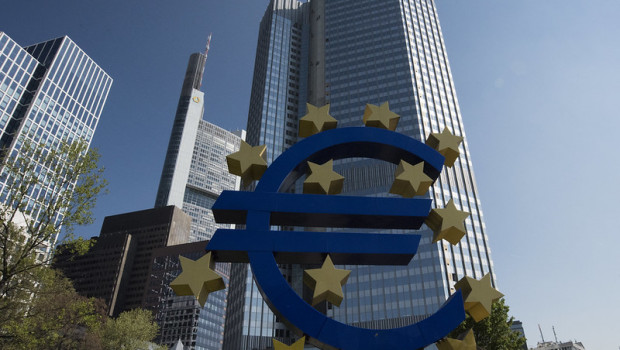ECB's Schnabel highlights impact of 'base effects' on CPI rise

A top European Central Bank official said the monetary authority did not believe rapidly rising consumer prices were a risk, emphasising that the "extremely" low level of inflation seen in 2020 needed to be taken into account.
Commerzbank AG
€15.19
13:45 23/12/24
Deutsche Bank AG
€16.33
13:45 23/12/24
Xetra DAX
19,835.66
13:45 23/12/24
Nevertheless, she added that the ECB would act decisively if the situation changed.
"I have shown that, in view of the extremely low level of inflation last year, the current inflation rates should be interpreted with caution. The picture that is emerging over the entire pandemic differs from the one drawn by some inflation prophets in the public arena," ECB governing council member, Isabel Schnabel, said.
"The ECB will continue to resolutely safeguard price stability in the euro area. [...] And we will act carefully and cautiously in the current environment in order to finally pave the way out of the low interest rate environment after so many years."
The central banker focused in her speech on the need for factual explanations of recent price increases and the potential risks in order to counter exaggerated warnings from supposed experts and media.
"Allusions are being made to conditions in the Weimar Republic. Comparisons are being drawn to the 1970s, when inflation in Germany was almost 8%. And there are warnings of a “meltdown” and a “runaway train” if interest rates remain low," she explained.
She also pointed out that ECB policy depended on more than just the situation in Germany.
In August, the year-on-year rate of increase in German CPI hit 3.4% - its fastest pace of increase since 2008.
Yet Schnabel said that higher inflation might actually be "positive" news.
"There are good reasons to assume that the current constellation of fiscal and monetary policy in the euro area may finally chart the path out of the low interest rate environment."
Germany's central bank expected CPI gains to hit 5% in 2021 but with inflation set to ease in 2022.
Coincidentally, the results of a Deutsche Bank survey among 550 market professionals showed that inflation expectations for the European Union had continued to grind higher in September and were now approaching 2.0%.
For her part, Schnabel believed that "in all likelihood" inflation would decrease "notably" as soon as 2022.